President Donald Trump’s 30-day federalization of Washington, DC’s police force sunsets at midnight, after Congress declined to extend his Aug. 11 emergency order. Mayor Muriel Bowser’s office says the city’s “crime emergency” ends on schedule. What that means on the street is murkier.
What actually changes tonight
- MPD back in local hands. Day-to-day control of the Metropolitan Police Department returns to Chief Pamela Smith and City Hall. Bowser says the department will stop assisting federal immigration enforcement once the order lapses—“Immigration enforcement is not what MPD does.”
- National Guard stays. DC Guard troops—unlike state Guards—answer directly to the president and already have orders extended through December. Federal agents from multiple agencies can also keep patrolling, independent of the emergency clock.
Trump officials say Bowser’s own executive order promising ongoing coordination with federal law enforcement “to the maximum extent allowable by law” gives them what they want without another congressional fight. House Speaker Mike Johnson signaled no vote was needed, pointing to the mayor’s commitment.
Bowser counters that her order is a pathway out, not a blank check: only Congress could legally extend federal control, and it didn’t.
Even as the takeover expires, House Republicans are pushing a slate of 13 bills that would tighten Washington’s leash, including proposals to:
- Replace DC’s elected attorney general with a presidential appointee
- Lower the age to charge juveniles as adults from 16 to 14
- Create a “Safe and Beautiful” commission to police public spaces and encampments
- Roll back local sentencing reforms
DC Del. Eleanor Holmes Norton calls it a “blatant power grab.” Republicans reply that the Constitution gives Congress unique authority over the federal district.
Trump cast the takeover as a crime crackdown. But an AP analysis of the first 30 days found 40%+ of arrests were immigration-related, underscoring how heavily the surge leaned on ICE-type operations. That emphasis rattled immigrant communities and, advocates say, eroded years of trust-building with local police.
Legally, the administration never fully seized MPD; after a lawsuit from DC’s attorney general, the Justice Department narrowed its demands to specific services—chiefly immigration cooperation—under the Home Rule Act.
The politics around the edges
- The White House is also asking Congress to fix a budget quirk that has held DC spending at last year’s levels—an omission city officials warned would force cuts.
- On Capitol Hill, the rhetoric is hot: Democrats argue the city is being punished for self-governance, while some Republicans say the district’s special constitutional status justifies deeper federal control.
The paper takeover ends, but a federal footprint remains—Guard troops, agency task forces, and a House majority eyeing permanent limits on DC autonomy. Expect a slow unwind of immigration cooperation at MPD, while the bigger fight over who runs the nation’s capital shifts from the streets back to Congress.
With input from the New York Times, AP, Axios, and CNN.
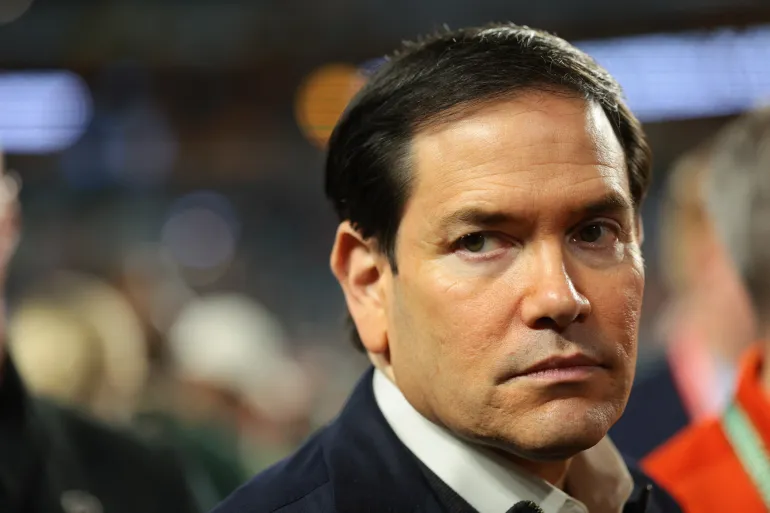
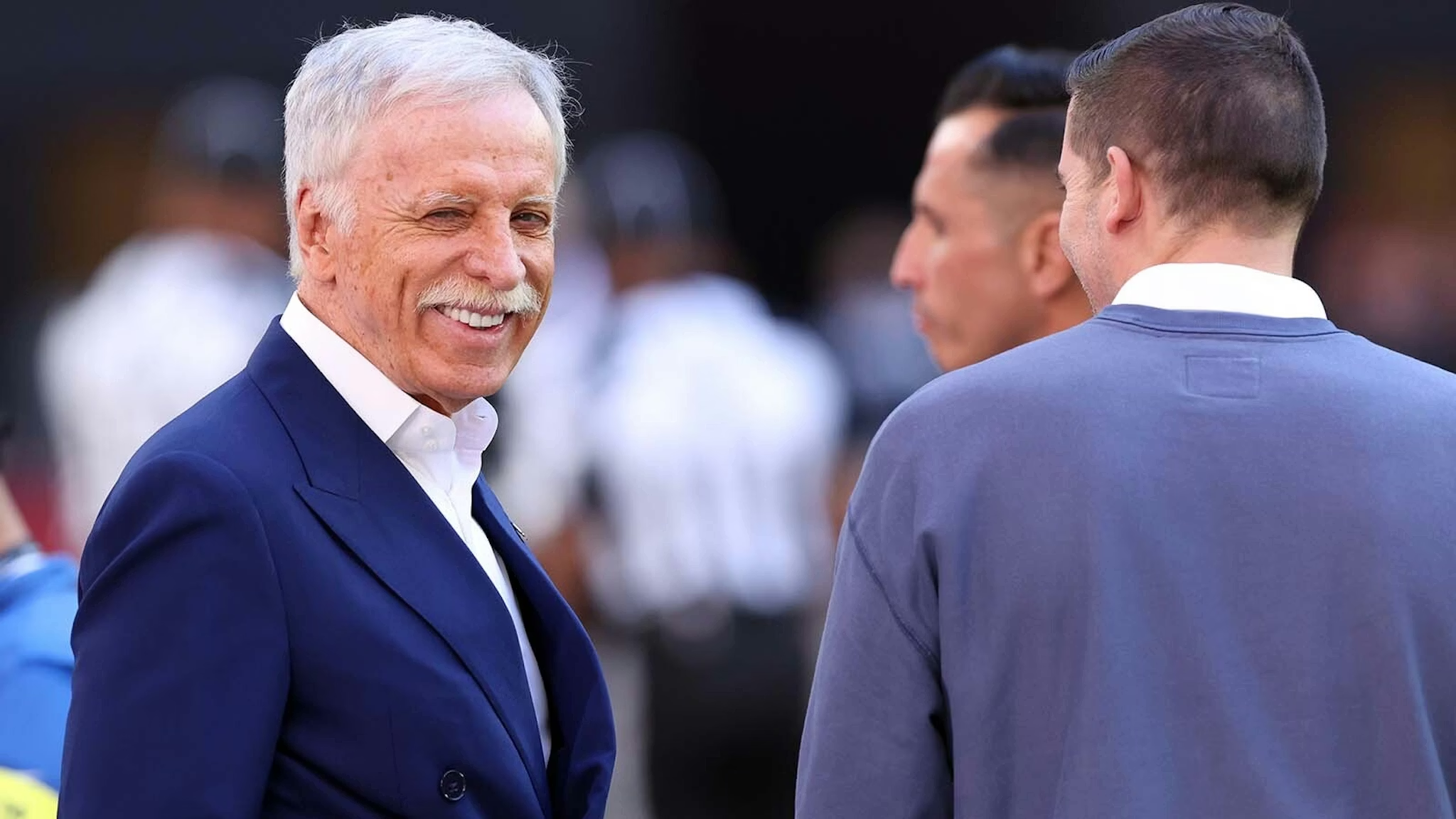
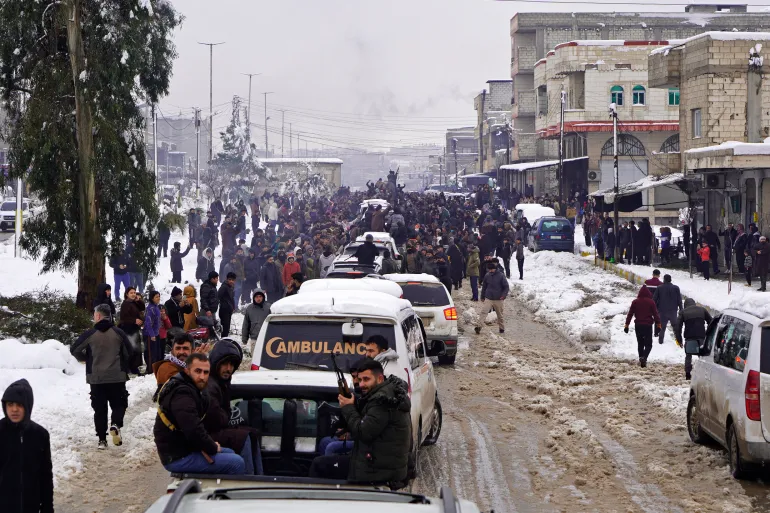

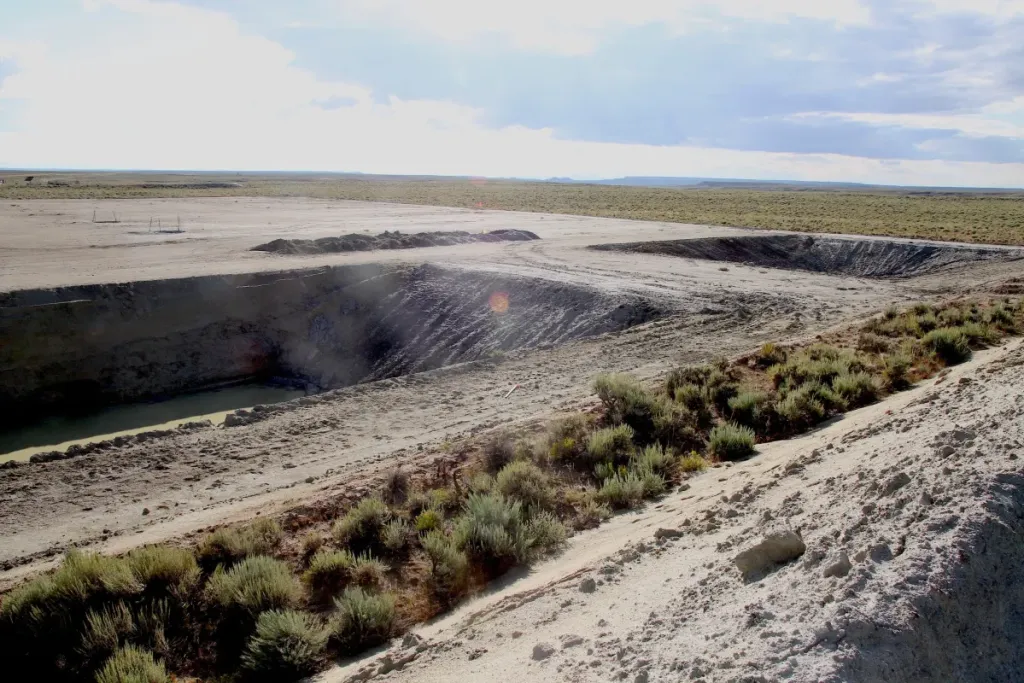
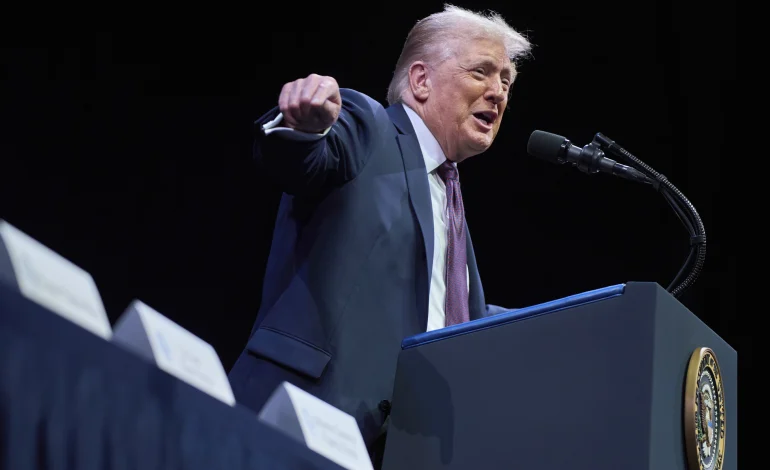




The latest news in your social feeds
Subscribe to our social media platforms to stay tuned